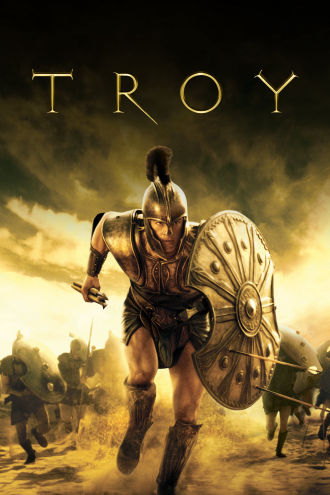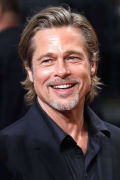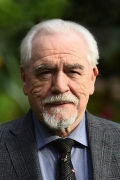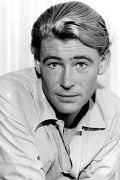Intro to "Troy""Troy", a 2004 legendary historical war film directed by Wolfgang Petersen, sensitively adjusts Homer's "The Iliad", conveying the legendary tale of the Trojan War while taking narrative liberties to boost its cinematic appeal. The screenplay, penned by David Benioff, sets the phase for a legendary clash between the ancient kingdoms of Troy and Mycenaean Greece, stimulated by love, honor, and vengeance. With an all-star cast, consisting of Brad Pitt, Eric Bana, Orlando Bloom, and Peter O'Toole, the movie not only presents engaging character efficiencies but also grand scenes of battle highlighting human passions and the awful consequences of war.
The Epic Tale and Main Characters"Troy" starts with the kidnapping of Helen (Diane Kruger), better half of Menelaus (Brendan Gleeson), king of Sparta, by Paris (Orlando Bloom), the Trojan prince. This act of enthusiasm leads to the long-foretold war, as Menelaus hires his sibling Agamemnon (Brian Cox), the effective king of Mycenae, to assist him restore his honor by laying siege to Troy and recovering Helen. The Greek forces include Achilles (Brad Pitt), the greatest warrior of the time, whose individual agendas and thirst for everlasting magnificence drive him independently of the self-serving Agamemnon.
Priam (Peter O'Toole), the king of Troy, along with his worthy and worthy son Hector (Eric Bana), must lead the defense of their city versus the attacking Greek armada. Hector, in contrast to Paris's impulsiveness, embodies the virtue of duty and obligation, standing as the ethical pillar of Troy and its individuals.
The Siege and BattlesThe Greeks' arrival on the coasts of Troy marks the start of a protracted and ruthless conflict. The film showcases several renowned moments from the myth, such as Achilles' battle with Hector, the fall of the great warrior, and the well-known ruse of the Trojan Horse. These scenes are specifically noted for their remarkable choreography and magnificence, capturing the essence of ancient warfare with intense close battle and soaring emotions.
As the war rages, individual vendettas and brave battles end up being central to the narrative. Achilles' battle with Hector stands apart as a turning point that impacts the fates of all primary characters. Hector's death at the hands of Achilles marks a turning point, signalling the inevitable failure of Troy.
Betrayal and The Fall of TroyThe most famous strategy in the history of warfare, the Trojan Horse, is an important component of the movie's climax. In an act of deceptiveness, the Greeks use a giant wood horse as a peace offering, which the Trojans naively bring into their fortress, uninformed that it conceals enemy soldiers. The ruse causes a surprise attack in the heart of the city, enabling the Greeks to open the gates and release annihilation upon Troy.
In among the most heartbreaking series of betrayal and disaster, King Priam enjoys helplessly as his beloved city is set ablaze and his individuals butchered. The misdirected trust given to the Greeks ultimately leads to his kingdom's failure.
Styles and Cinematic ElementsThe movie explores themes such as the corrupting attraction of power, the short-term nature of magnificence, and the human expense of war. Through its characters, "Troy" explores the perfects of honor, commitment, and love, contrasting the personal motivations that drive individuals and the cumulative havoc they prompt on societies.
Aesthetically, "Troy" is a masterpiece, employing spectacular set designs, outfits, and unique effects that transfer audiences back to the late Bronze Age. The sweeping cinematography captures the majesty of the ancient world and the graphic intensity of war, while the soundtrack matches the onscreen phenomenon with a powerful and expressive score.
Conclusion"Troy" is a film that weaves legendary history with the creative liberties of Hollywood storytelling, supplying an enthralling and emotional portrayal of ancient legends. Its exploration of classic human experiences versus the backdrop of a legendary conflict vouches for the sustaining fascination with stories of heroes and the awful repercussions of hubris and war.
Top Cast











